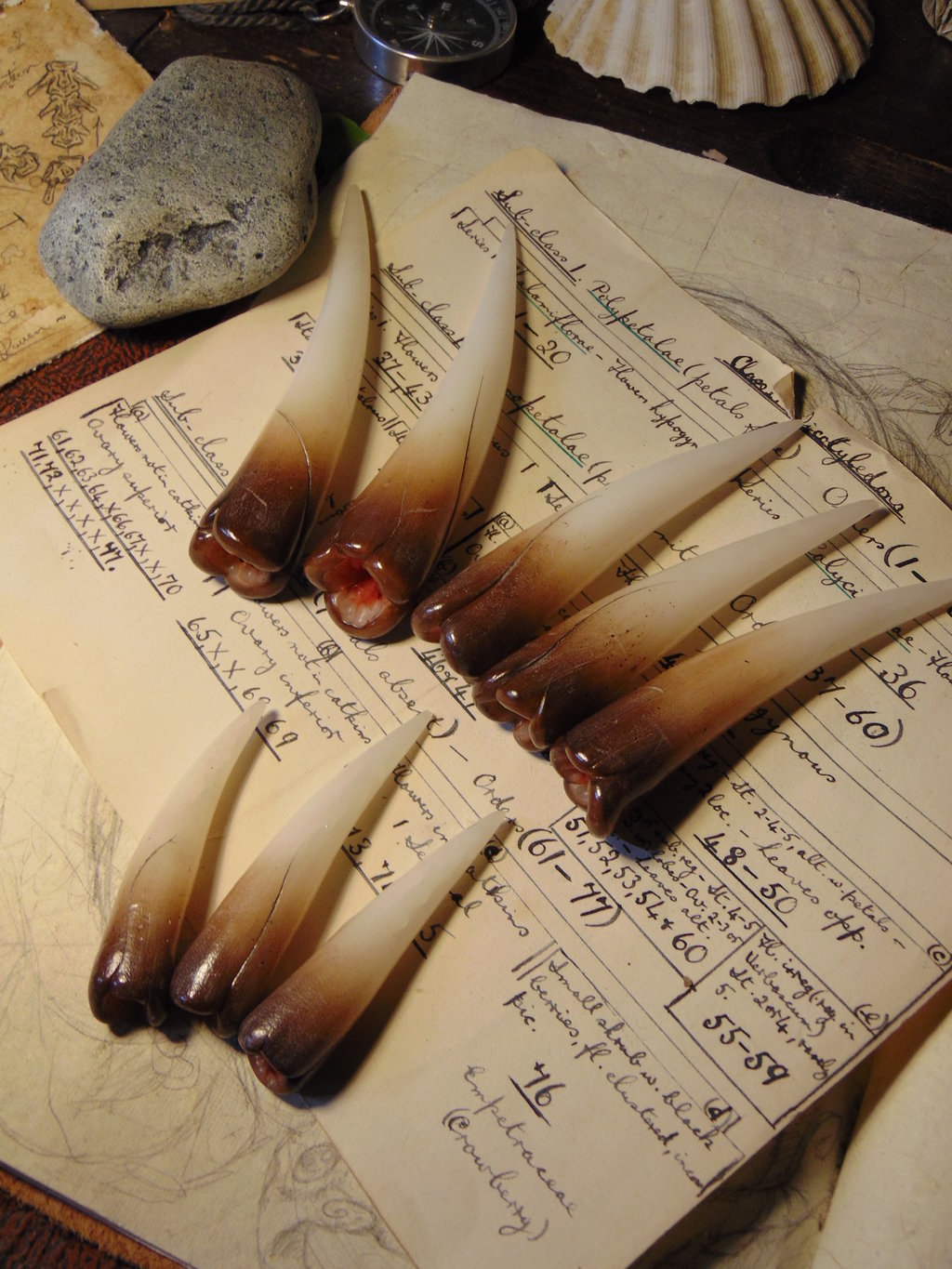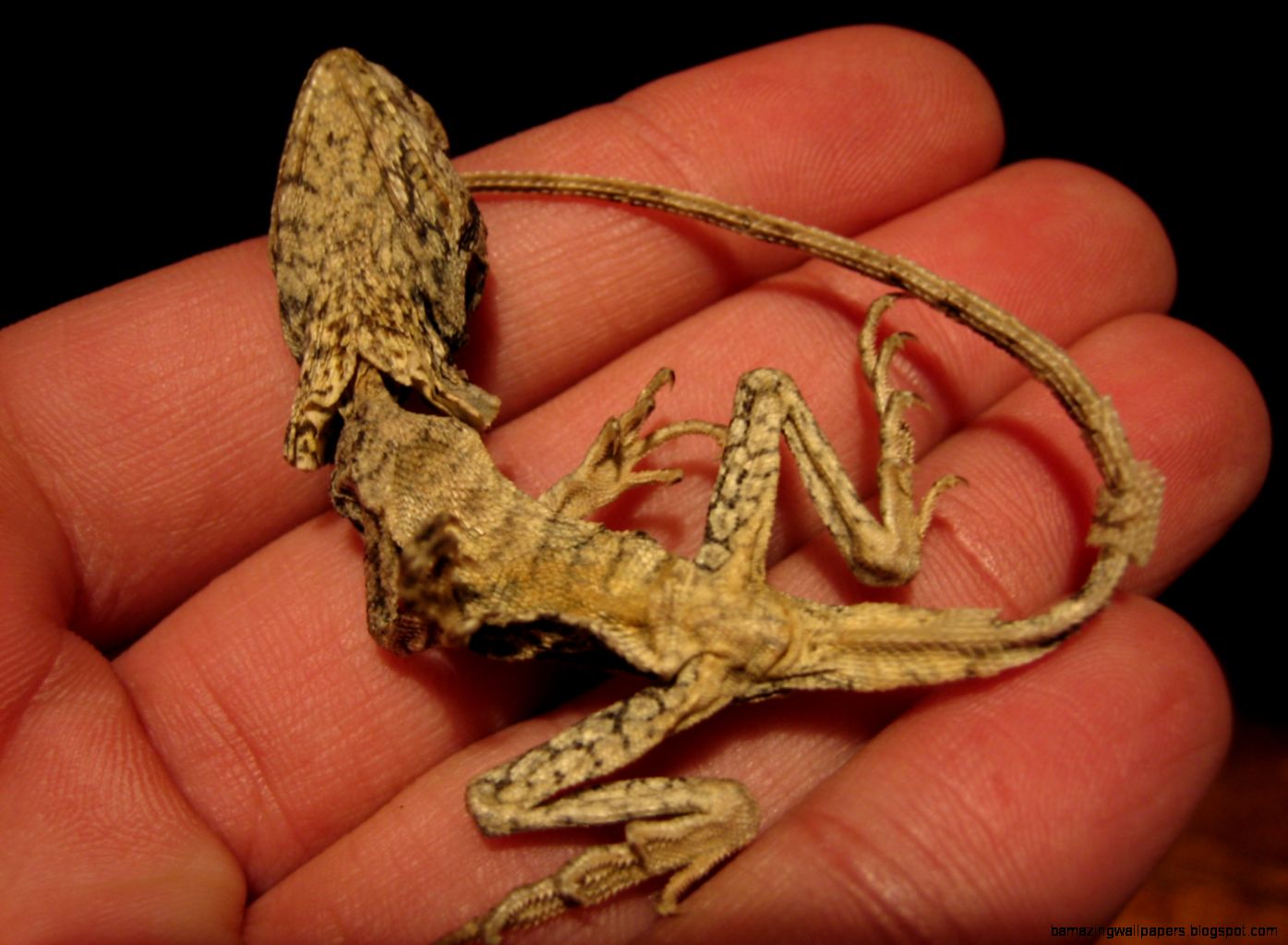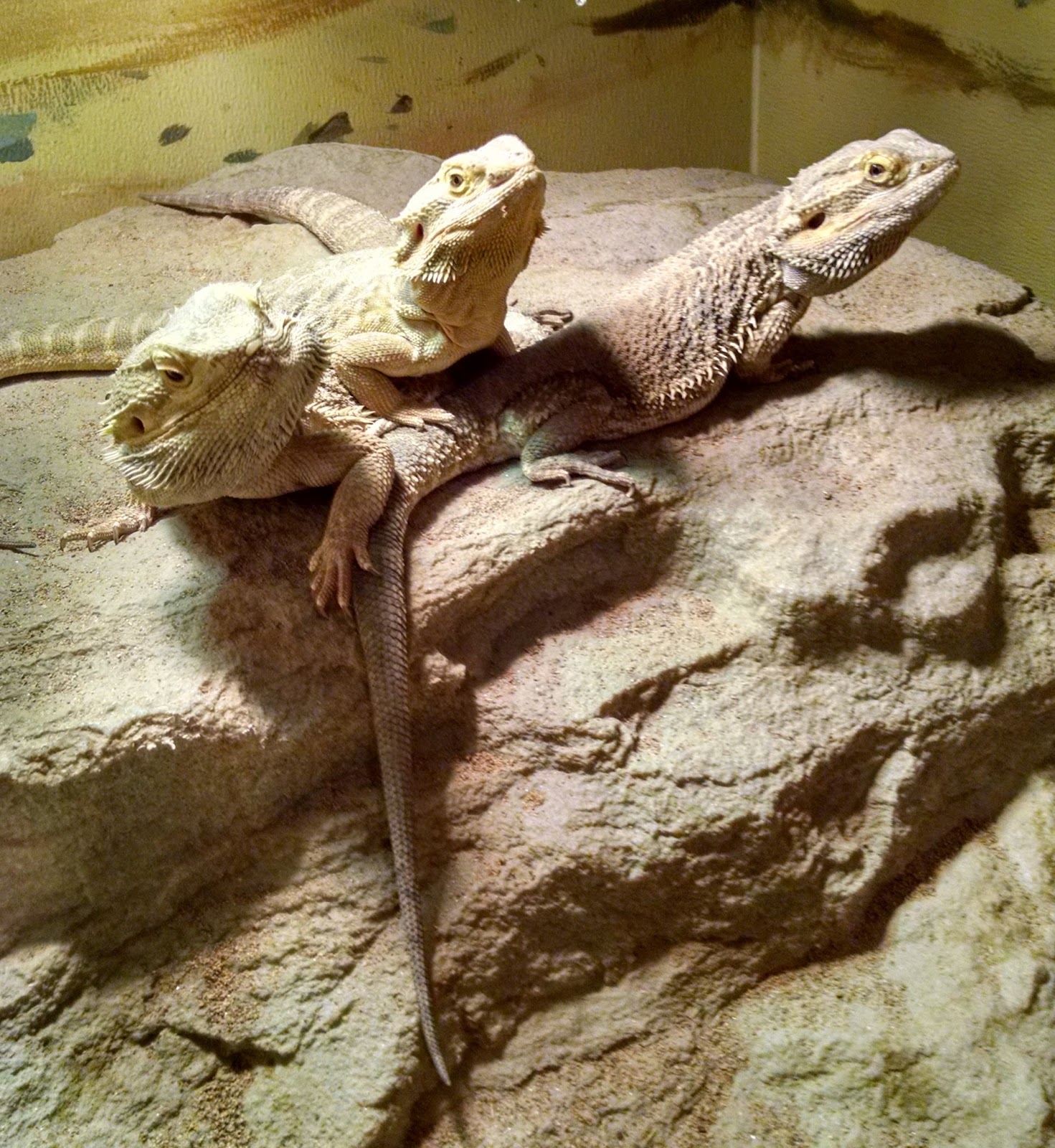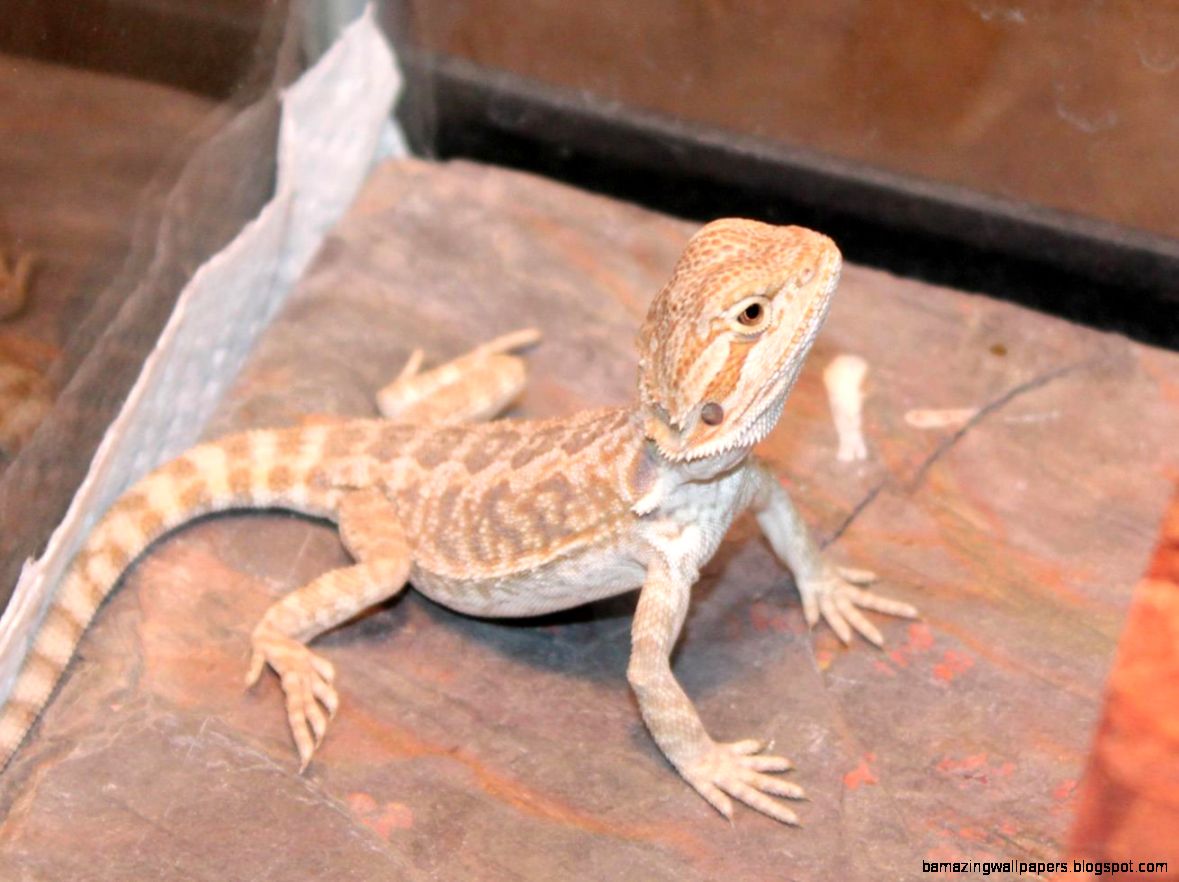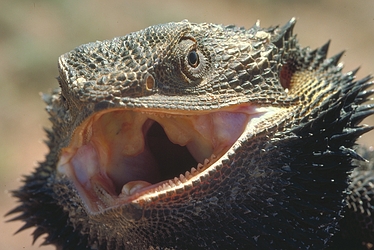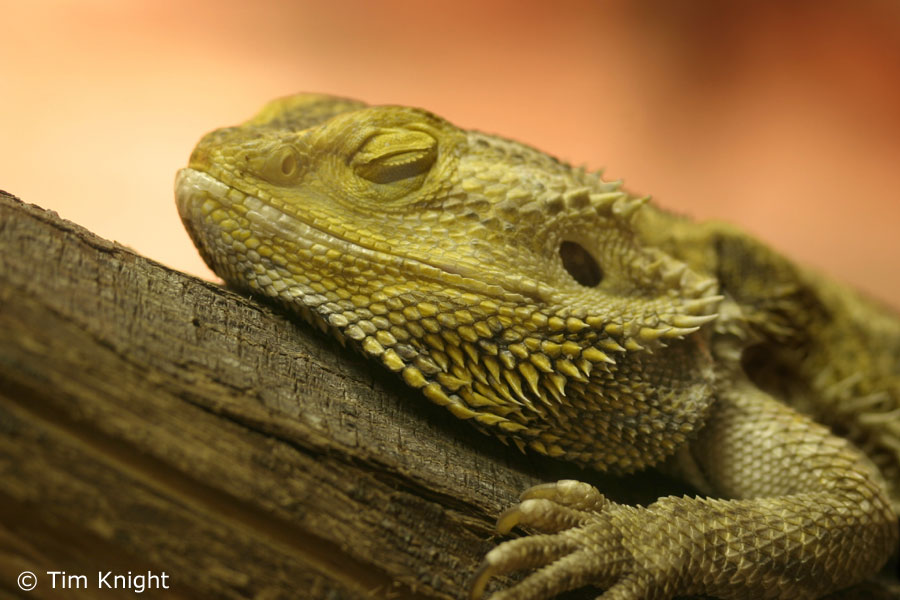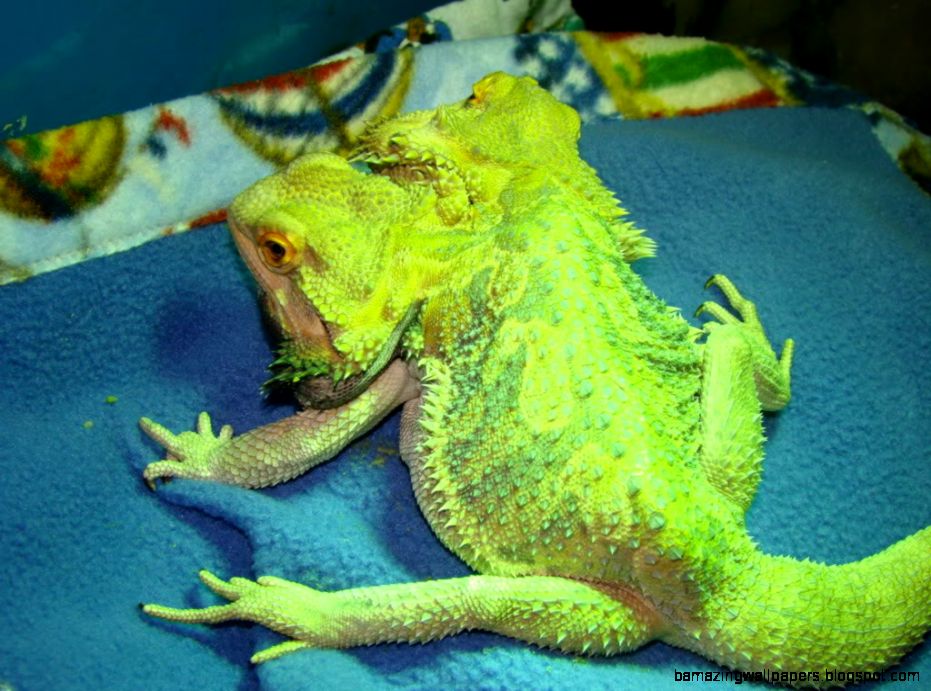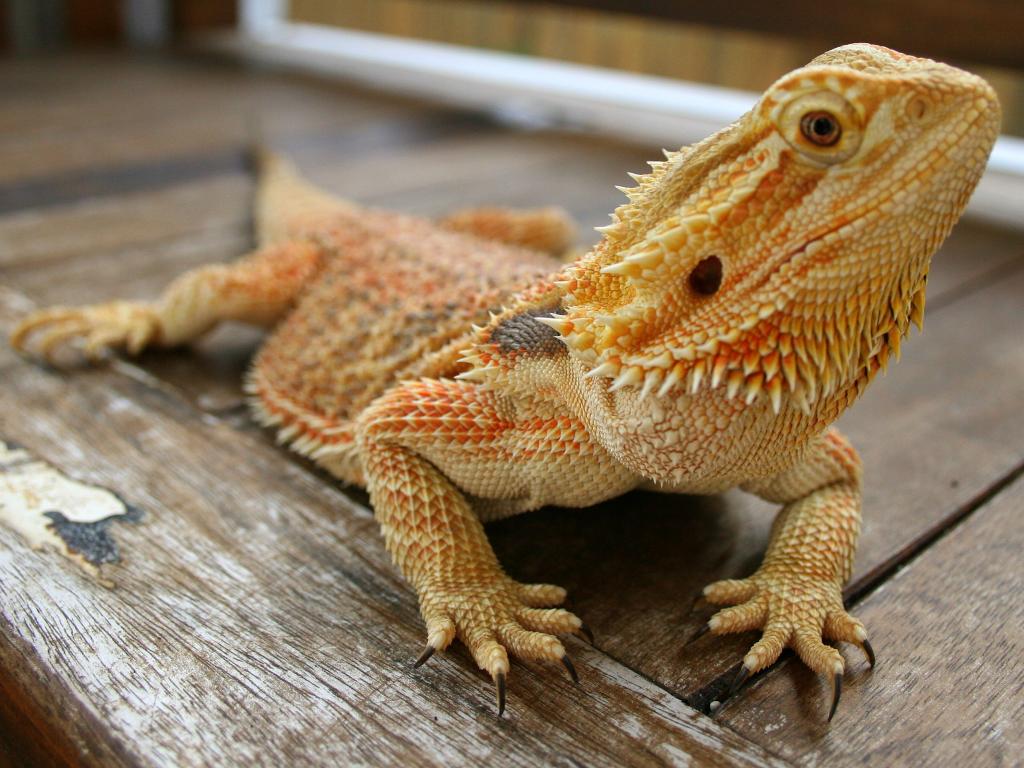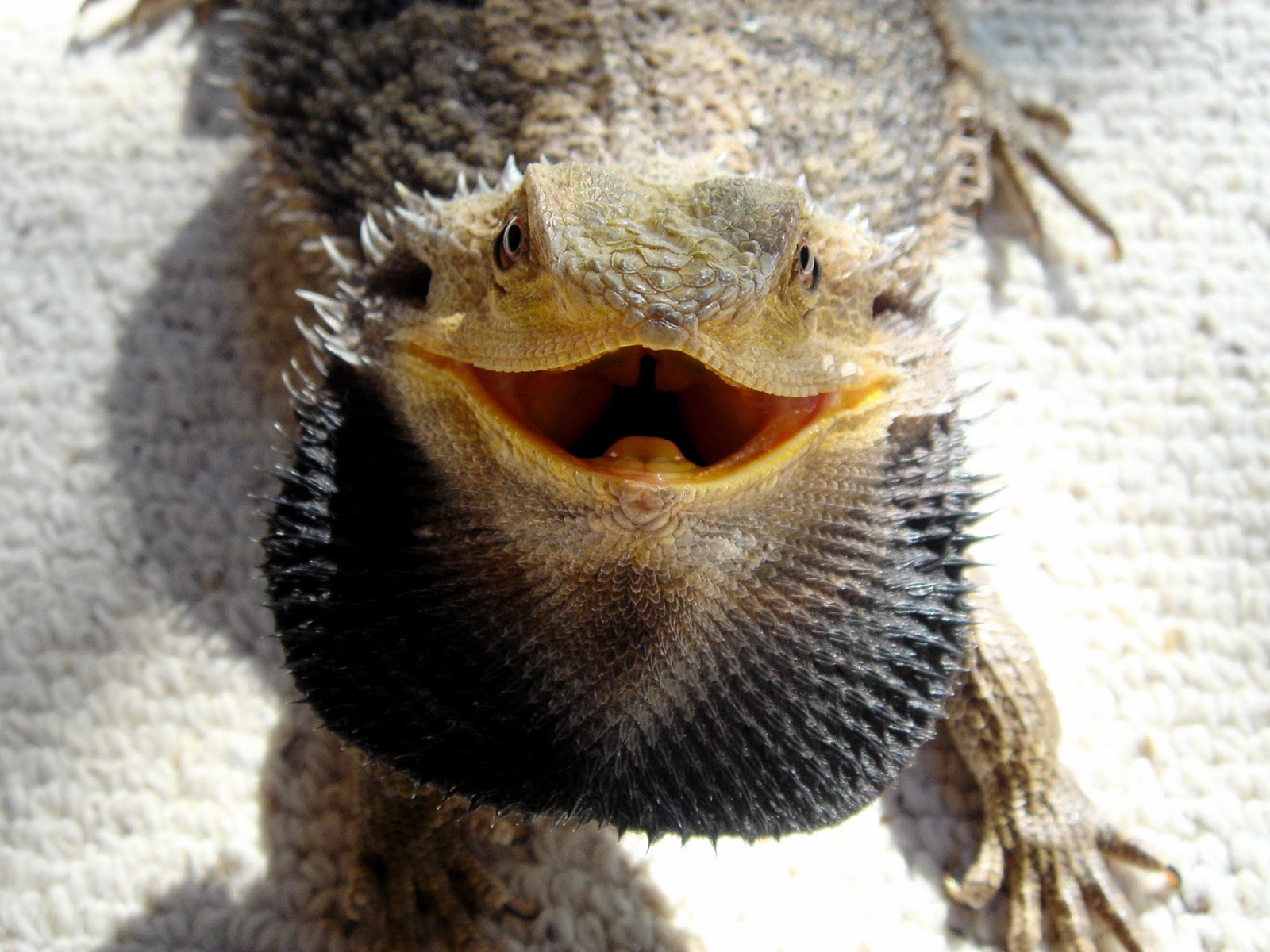Do Bearded Dragons Have Teeth? Everything You Need to Know
Introduction
If you’re new to the world of pet reptiles, you might have a lot of questions about caring for and maintaining their health. One of the most common questions new owners have is whether or not bearded dragons have teeth. In this guide, we’ll discuss everything you need to know about bearded dragon teeth and how to properly care for them.
Do Bearded Dragons Have Teeth?
Yes, bearded dragons do have teeth! While they may not have teeth that are as prominent or visible as a mammal’s teeth, they do have tiny, sharp, and curved teeth that are used for gripping and tearing apart prey. These teeth are called acrodont teeth and are fused to the bone of the jaw. Acrodont teeth are small, sharp, and replaceable, which means that they can grow back if they fall out due to old age or injury.
What Do Bearded Dragon Teeth Look Like?
Bearded dragon teeth are small and curved, much like the teeth of other lizards. They are not designed for chewing, but rather for gripping and tearing apart food. Bearded dragon teeth are usually white or slightly yellow and are not visible unless you look closely.
How Many Teeth Do Bearded Dragons Have?
Like other lizards, bearded dragons have rows of teeth that are constantly being replaced throughout their lives. Typically, a bearded dragon will have around 60-80 teeth at any given time. These teeth are arranged in rows in the upper and lower jaw, and they are used to tear apart prey and hold it in place while the bearded dragon swallows.
Do Bearded Dragons Lose Their Teeth?
Yes, bearded dragons do lose their teeth throughout their lives, just like other reptiles. This is a natural process of shedding old or damaged teeth and replacing them with new ones. However, if you notice that your bearded dragon is losing a large number of teeth at once or has developed an unusual gap in their row of teeth, it could be a sign of a more serious dental issue like gum disease. In this case, it’s best to take your bearded dragon to a veterinarian who specializes in reptile care.
How to Care for Your Bearded Dragon’s Teeth
While bearded dragon teeth may seem small and insignificant, they are an important part of your pet’s health and wellbeing. In order to keep your bearded dragon’s teeth healthy and strong, it’s important to provide them with a balanced and nutritious diet that is rich in calcium and vitamins.
You can also take steps to promote good dental hygiene in your bearded dragon. This includes offering them safe and appropriate chewing items, like soft wood or untreated leather, to help keep their teeth clean and stimulate their natural chewing behavior. Additionally, you should regularly inspect your bearded dragon’s teeth and gums for signs of redness, swelling, or bleeding, which can indicate an underlying dental issue.
Conclusion
While bearded dragon teeth may not be as visible or prominent as the teeth of other animals, they are still an important part of your pet’s health and wellbeing. By understanding their dental anatomy and taking steps to promote good dental hygiene, you can help ensure that your bearded dragon is healthy and happy for years to come.
